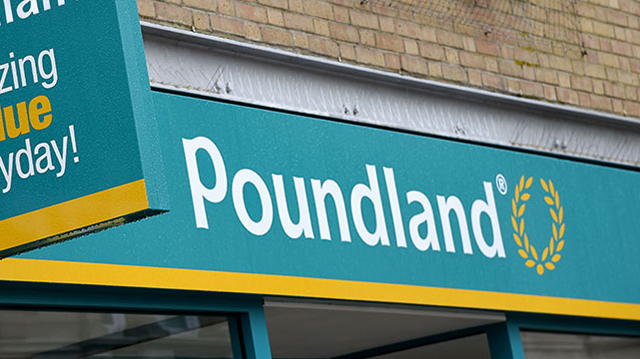A lax system caused the sub-prime fiasco, with wide-ranging consequences
With Morgan Stanley advising that we drop equity investment in favour of holding cash, a Royal Institution of Chartered Surveyors survey pointing to a serious slowdown in the housing market, and the president of Blackstone, Tony James, claiming that the US mortgage crisis is “deeper” and “scarier” than anyone expected, the world is battening down the hatches. Third quarter growth in the eurozone has been pretty strong but the weakness of the dollar, the turmoil in the markets and fear of a considerable US slowdown will be likely to make the last quarter more difficult. Nonetheless, the eurozone is better protected against fallout from the US, and we in the UK are the part of Europe most likely to suffer from the foolishness of public and private decision-making in America.
And it is both. From the reasonably balanced budget that he inherited from President Clinton, George W Bush has produced the largest deficit ever. He has pursued a disastrous war in Iraq costing billions of dollars a year, but has not raised taxes to pay for it. Instead, he has cut them for the super-rich. Part of the worry about the US economy is not the banks’ sub-prime mortgages but the administration’s sub-prime fiscal policies. The US is therefore in a weak position to combat the effects of financial turmoil. This adds piquancy to Blackstone’s warnings.
Loss of confidence
Yet the real worry, as always, is not the reality of the situation but the perception. All economies operate on confidence. It is when people lose confidence that the chasms open up. The concern must be that confidence has been seriously damaged by the realisation of the extent of the mortgage crisis, the almost universal laxity of our financial institutions, and the relative incompetence of the authorities in dealing with the fallout. There is nothing fundamentally new in the facts, they have just become understood more widely.
While credit markets were firm, the precariousness of the system was unremarked. Large numbers of borrowers lied about their income and took on loans that they would struggle to pay. So it was not only that banks were wrong to offer to lend sums based on five times joint income. It was that they should have taken greater regard of the fact that all too many customers faked their income declarations – and of the widespread view that many advisers were actually encouraging such overstatements.
Disaster waiting to happen
The laxity of the system here and in the US meant that a disaster was waiting to happen. Now, investors are running from property as, just a few years ago, they ran from equities. So, although confidence collapsed because of the sub-prime crisis in residential property, the whole market is affected. Commercial and industrial projects are on hold. Companies retreat into cash conservation. Millions of people put off spending decisions thousands of companies scale down expectations hundreds of financial institutions make borrowing more difficult. Readjustment is therefore forced on the economy – and it is but a short step from that to recession.
Not that it need reach those depths and I am still, on balance, an optimist. My worry is that third factor in the crash of confidence, the incompetence of the authorities. The fiscal failure of the Bush regime is largely unparalleled here. Our problem is much more precise. It was Darling’s prevarication that magnified the Northern Rock fiasco and the attempt to shift the blame to the governor of the Bank of England is disingenuous. The legislation under which he acted – and acted properly – was produced by Gordon Brown. It was always inherently flawed with its confusion of banking control, its overlapping jurisdictions and its destruction of banking confidentiality. However, much as I would like to see the prime minister take the rap, it is more important now that he is seen to be in effective control of the situation. If the government continues to seem weak and vacillating in the face of the threat of recession, that outcome will not be avoided. For all our sakes, this is the moment for Brown to recover his nerve and take control.
John Gummer is Conservative MP for Suffolk Coastal and a former Secretary of State for the Environment









